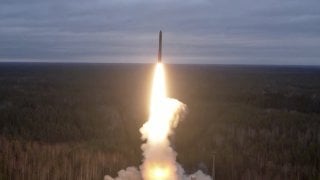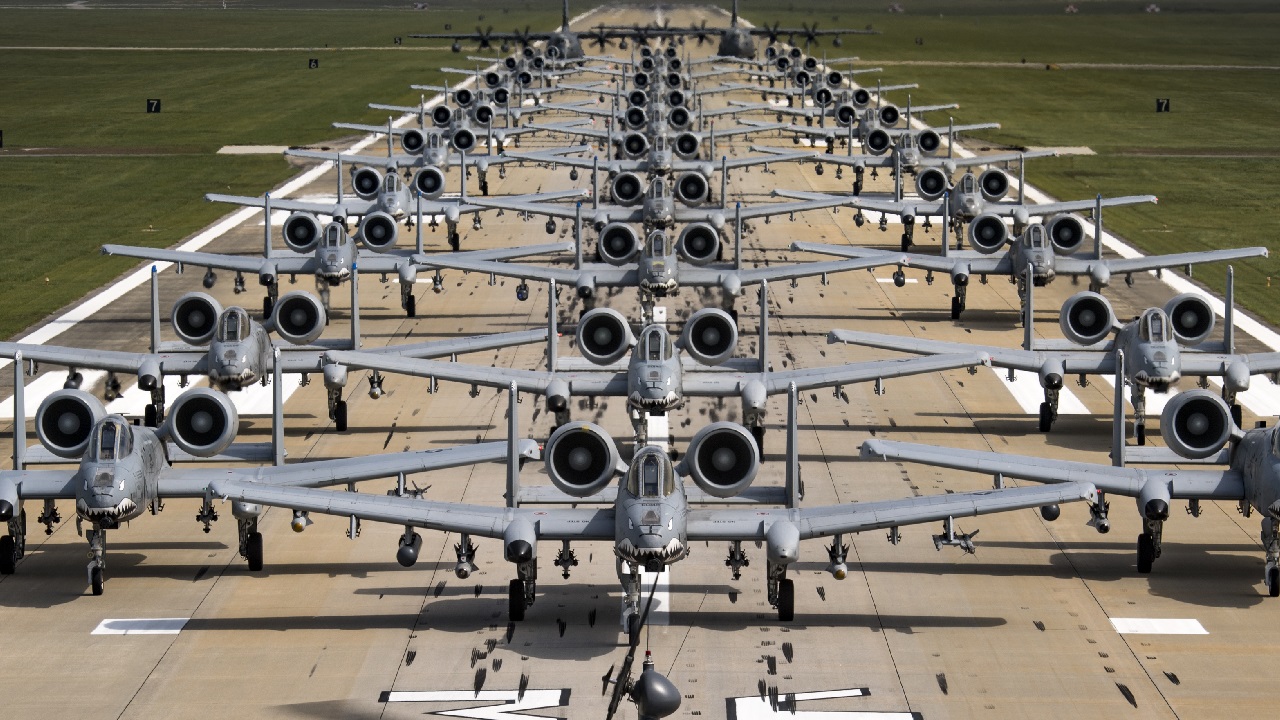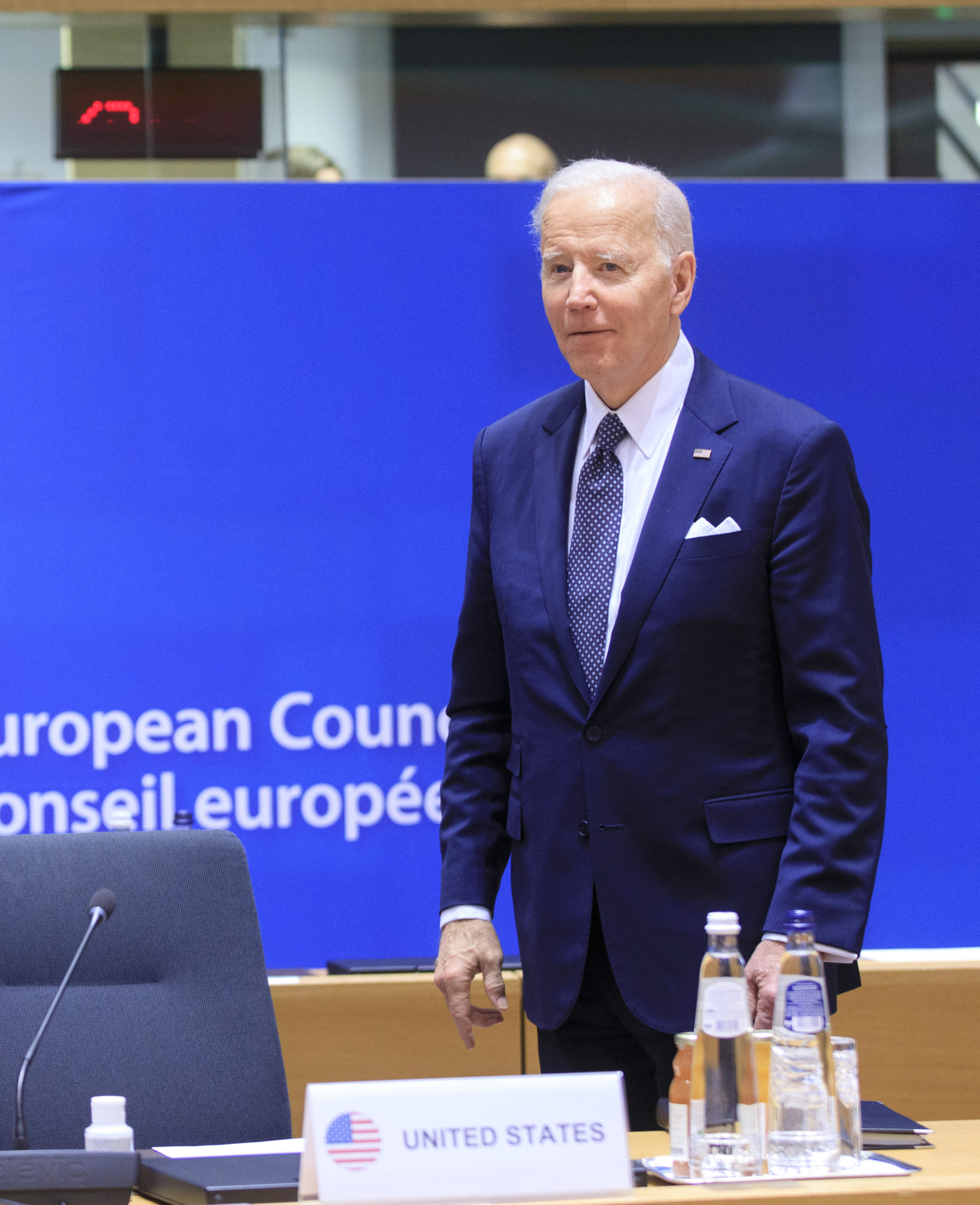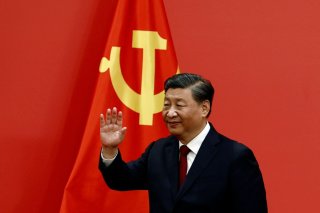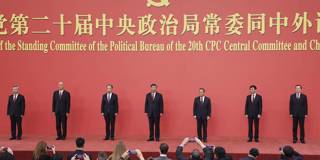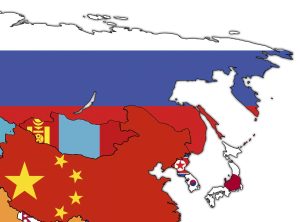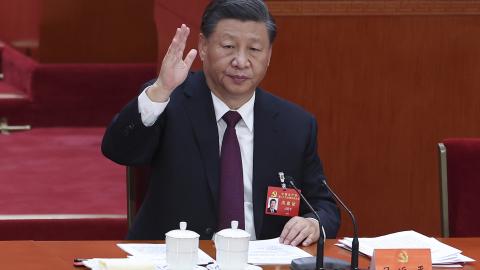Caleb Larson
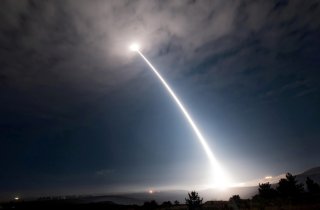
Chinese physicists are experimenting with disabling satellites in space to disrupt the communications and surveillance capabilities of other countries—namely, the United States.
According to a recent South China Morning Post report, the physicists simulated a nuclear explosion. The results of their experiment indicate that a modestly powerful atomic blast in space could interrupt satellite networks, if not destroy them outright.
“The blast could turn air molecules into radioactive particles and produce a cloud with a shape similar to an upside down pear, said nuclear physicist Liu Li and his colleagues in a paper published in the peer-reviewed journal Nuclear Techniques on October 15,” the South China Morning Post report explained. “In about five minutes, the cloud could rise to an altitude of nearly 500 km and spread over an area of more than 140,000 sq km.”
